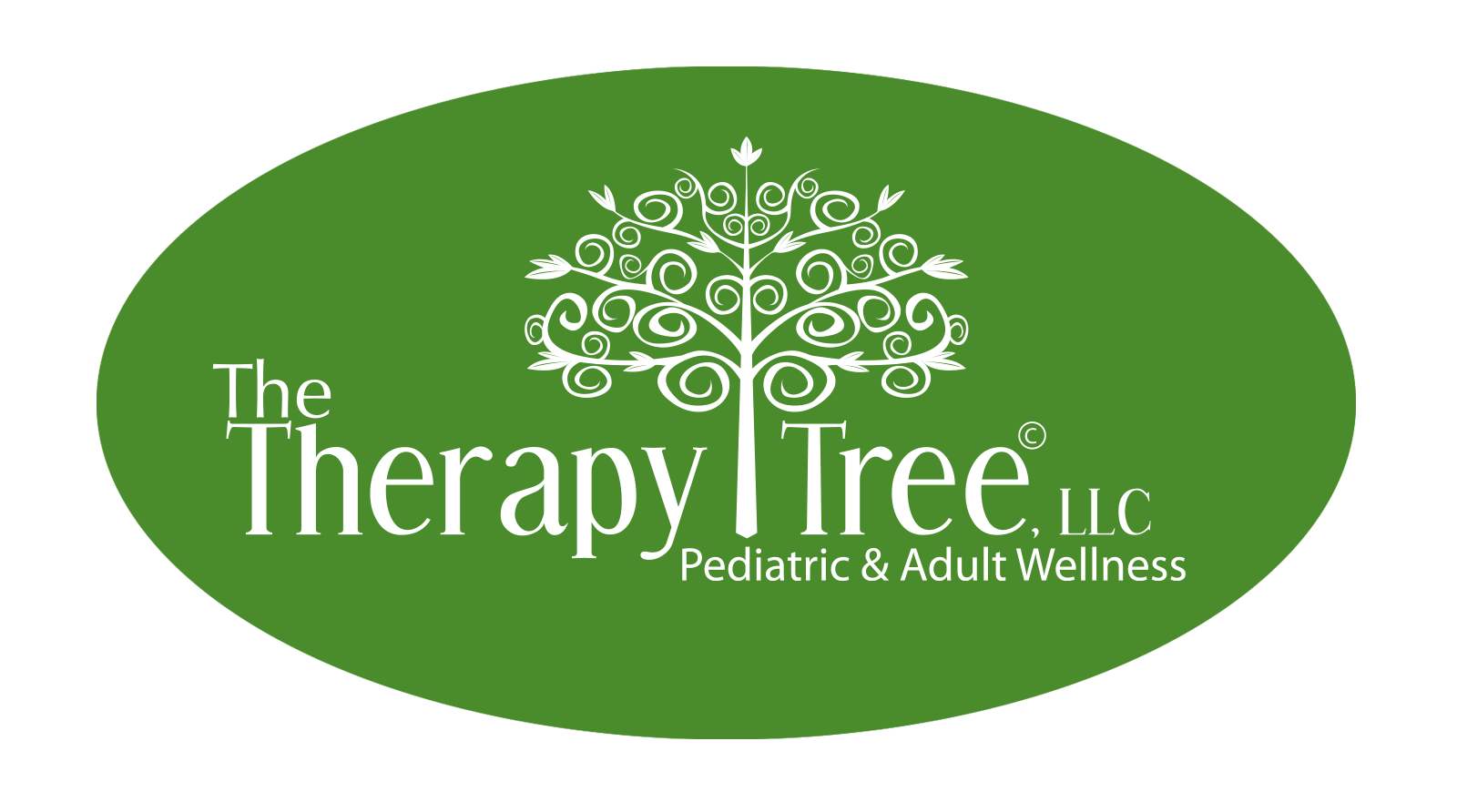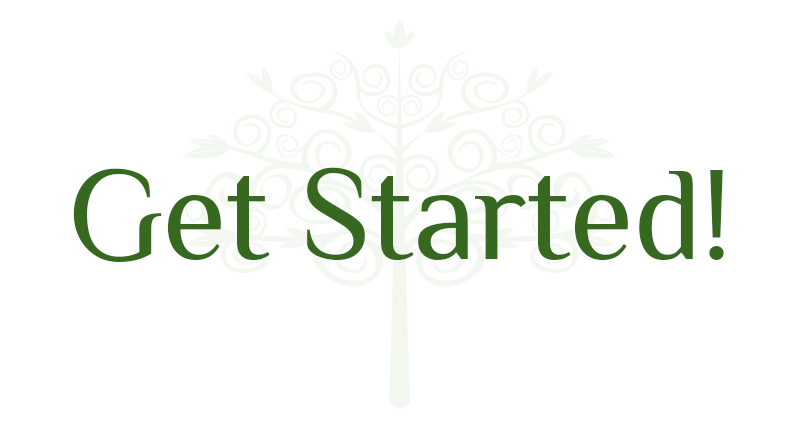Managing Anxiety During the Pandemic and Beyond
By Lisa S. Block, MS, LPC, NCC, CATP
Even in times considered typical, dealing with anxiety can be challenging. Recently, we have seen individual and collective anxiety rise due to the implications of the COVID-19 Pandemic. Various stressors contribute to overwhelming and excessive worry, panic and a reduced ability to handle daily tasks. Dealing with a worldwide health crisis, financial struggles, and interrupted in-person schooling can impact mental well-being. It’s understandable that anxiety symptoms have increased; and you are not alone in experiencing them. Begin to manage your anxiety with the following suggestions.
Focus on What You Can Control
We DO have control over some very important aspects of our lives. While it’s true we cannot control most things outside of ourselves (the external locus of control), there definitely are things we can control (the internal locus of control). To have positive mental and physical health benefits, learn to focus on what is within your control. Examples of things you can control include: your values and beliefs, the news and information you view, your food choices and how you treat others.
Consider Your Thoughts
What else can you control? Yourself! What a great gift. Your thoughts, feelings and behaviors are connected, each affecting one another. When you have a positive thought, it tends to lead to a positive emotion, which can then lead to a positive choice or healthy behaviour. Consider your thoughts and if they tend to the negative, work on finding and focusing on an alternate thought. You have the power to decide what kind of positive mind-set to lead with, so that your emotions and behaviors follow.
Stick to a Routine
Creating structure during a time of uncertainty allows you to feel more calm and balanced. Repetitive actions such as a daily routine can reduce mental health stress. No need to stress over what you going to do, because you have a framework to follow. Studies demonstrate sticking to a regular routine helps increase positive well-being and a sense of accomplishment. Routines can include set times for sleep, meals, exercise, calls with friends, and time to spend outdoors.
Practice Self-Care
Define what self-care means to you, then add it into your daily life. For some, self-care looks like prayer, meditation and spirituality. For others, self-care includes exercise, reading a book, taking a class or indulging in a bath. Take the time to be kind to yourself and to take good care of yourself.
Stay Connected
Stay in touch with others by reaching out to your circle of family, friends and community. Even though physical distancing may be needed at times, find ways to keep in contact with those you care for, and those who care for you. Grab coffee with a neighbor on your safely-distanced lawn chairs, or do a web call with your sports buddies. People who have social interactions with others have healthier immune systems and are reported to live longer, happier lives! Remember, no one is meant to navigate this crisis or even life as “normal” without support, care and connection.
If you find that you or your loved one’s anxious symptoms are not improving, or are getting in the way of everyday life functioning, it is likely time to seek out the assistance of a qualified mental health professional.

